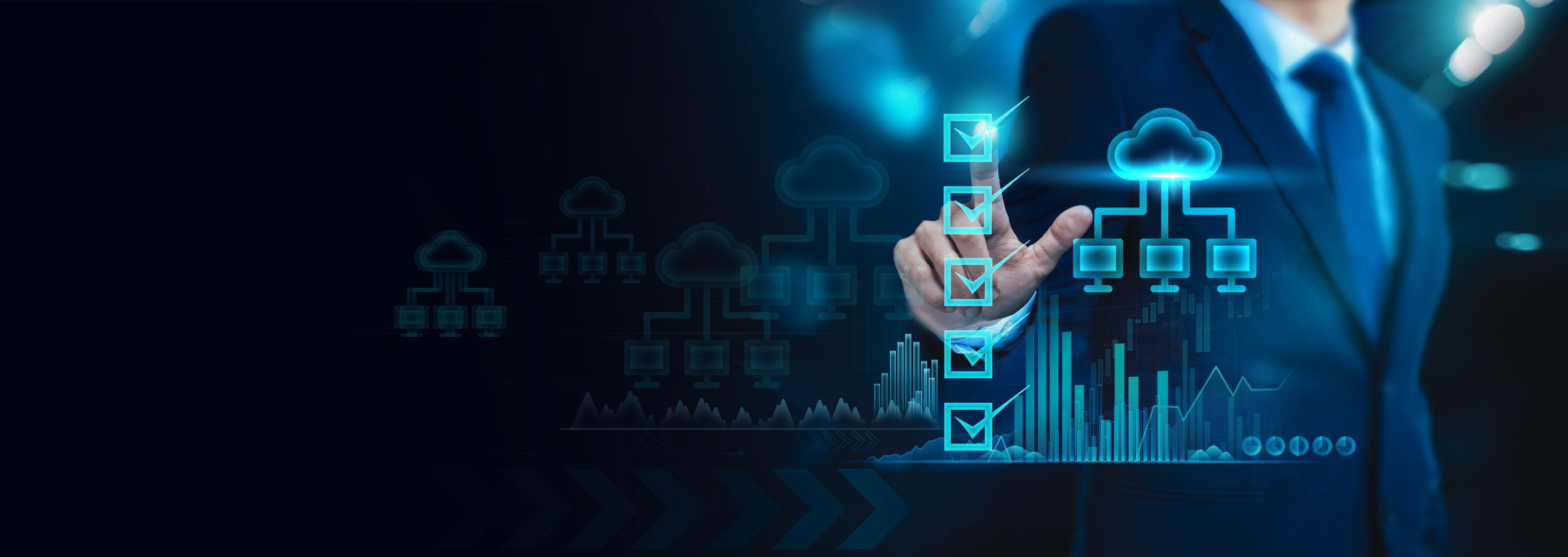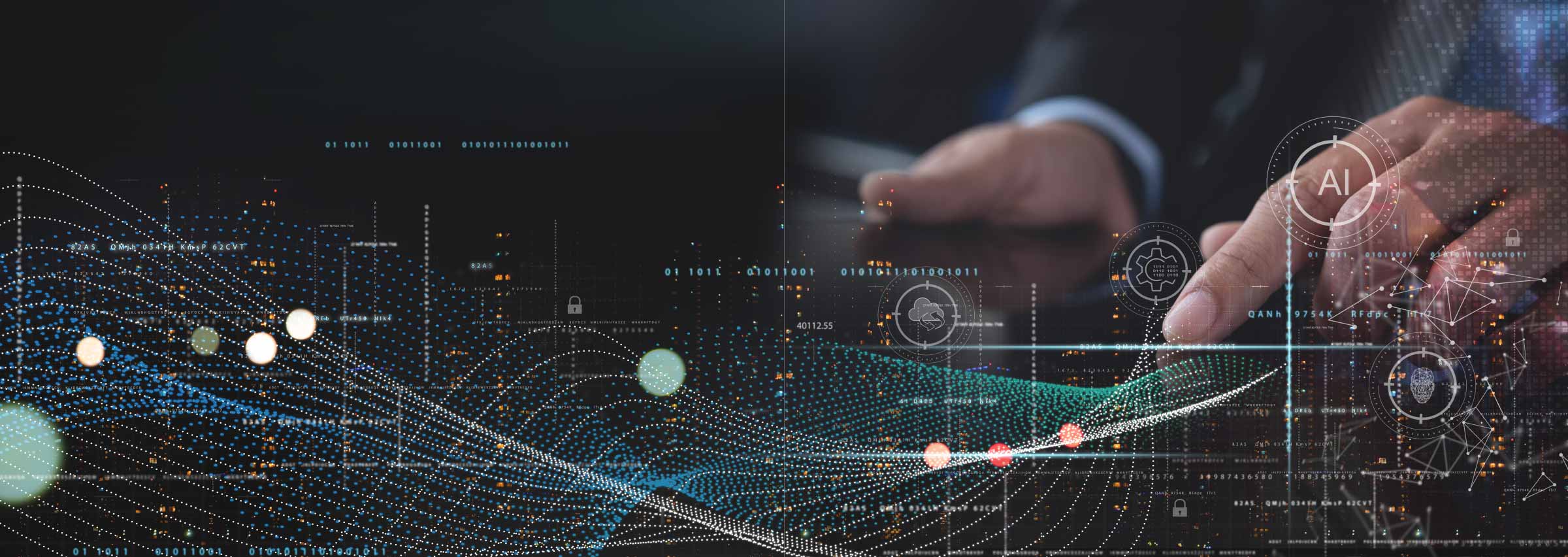COVID-19 triggers companies to redraw business continuity and disaster recovery plans
Partner with Gemini to get a more flexible IT system in place to improve productivity of remote workers and tackle the COVID-19 challenge.
Covid-19 has changed the working patterns with more and more companies encouraging their employees to embrace remote working to ensure business continuity and disaster recovery.
The pandemic has forced social interactions and business-to-business communication to move online. Besides, business deals and data collection are taking place digitally. The surge in the number of digital transactions has increased our tech-dependency. As a result, network use is at an all-time high and the digital maintenance of the essential infrastructure is becoming a major challenge.
IT industry, however, is responding well to the change. Testing their backup for business continuity and disaster recovery is something most IT companies have already been doing constantly. What they are doing right now is adapting their emergency plan plans in the reference library to the current situation. They are now helping their clients’ IT departments to prepare for the challenges ahead.
Load Testing
Businesses and governments are making it mandatory for employees to work from home. Unlike in the case of other disasters, it is not possible for them to shift their staff to less affected areas to maintain business continuity. In such a scenario, it is important for IT departments to conduct load testing. This helps them to assess whether the IT infrastructure has the capability to handle the workload when all the employees logging in at the same time from different locations.
Internet Connectivity and VPN
Most companies are stress testing their VPNs as they are connecting it to the home IT infrastructure of the employees. It is not an easy task. But planning for supply chain disruptions can help you save from rude surprises later. Testing the strength of VPN will also assist you in a worst-case scenario like closing down an office on and unable to allocate resources for managing the data center. Having a good VPN can help you access your building management system remotely. Companies are also building on their existing infrastructure, such as chat groups to access critical tools and services.
In India, the government regulations do not permit VPN to connect with home IT. Considering the present emergency, IT companies have been asking the government to exempt them from this rule for a month. In response, the Department of Telecommunication (DoT) has allowed BPOs, KPOs and medical transcription services to connect a VPN and home network till April 30.
Build Partnerships
Many companies are rising to the occasion and offering tools and services to manage disaster recovery and business continuity. Established companies, such as Microsoft and Google and startups like Slack and Zoom are offering their tools for free. While these companies are looking at utilizing this opportunity to add more users, their technologies are expected to build a culture of remote access and business continuity in the long run so that everyone is better prepared in the future
Cloud Advantage
This is also the time to explore the opportunities offered by the cloud. COVID-19 pandemic has made many companies realize the limitations of on-premise IT model. Remote access can be a major challenge for on-premise IT system. Cloud system is more automated and self-sustainable than on-premise deployment. Cloud is more flexible, and it does not require manual interventions as it can auto-provision resources. To future proof your business, migrate your IT infrastructure to the cloud and speed up your digital transformation. The cloud offers robust security control, making your data more secure. Most leading cloud service providers offer a detailed audit of access and management. Overall, it improves resilience and security.
Training Staff
It is also important for organizations offer cross-functional training to employees. Infrastructure and IT alone will not ensure business continuity. Employees need to be there to manage and control the processes and systems. Companies should focus on building cross-functional teams that can take care of various scenarios and optimize operations. Make sure to have a shift-change process so that when one team leaves another can take over. Ensure that the staff who are working remotely are not left out of decision making. Establish a protocol, so that work from home employees have regular check-ins with their managers on deadlines and project progress.
The silver lining behind the COVID-19 cloud is that it offers new opportunities to organizations for building a more agile IT system that can be accessed remotely in a secure manner. Going ahead, pay-per-use IT models are likely to replace the existing system.
Gemini Consulting and Services offer you all the help you need to adapt a more flexible IT infrastructure. We can help you migrate your system and processes to the cloud. We will also train your staff so that they will be better prepared to handle any future crisis.
We at Gemini, have already tested and verified our preparedness for a crisis like COVID-19. Our resilience planning is already in place and we are going to invest more time and effort into.



